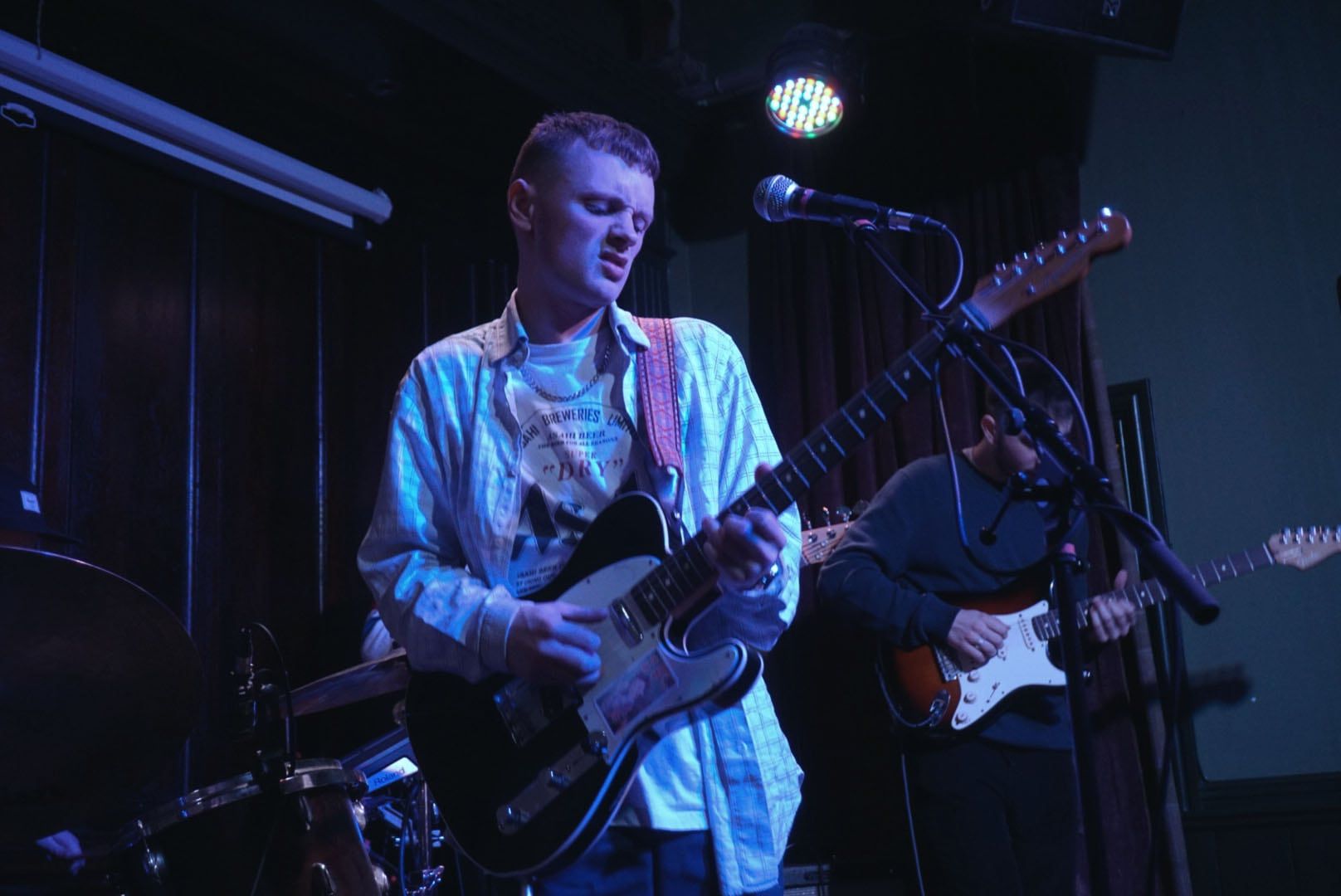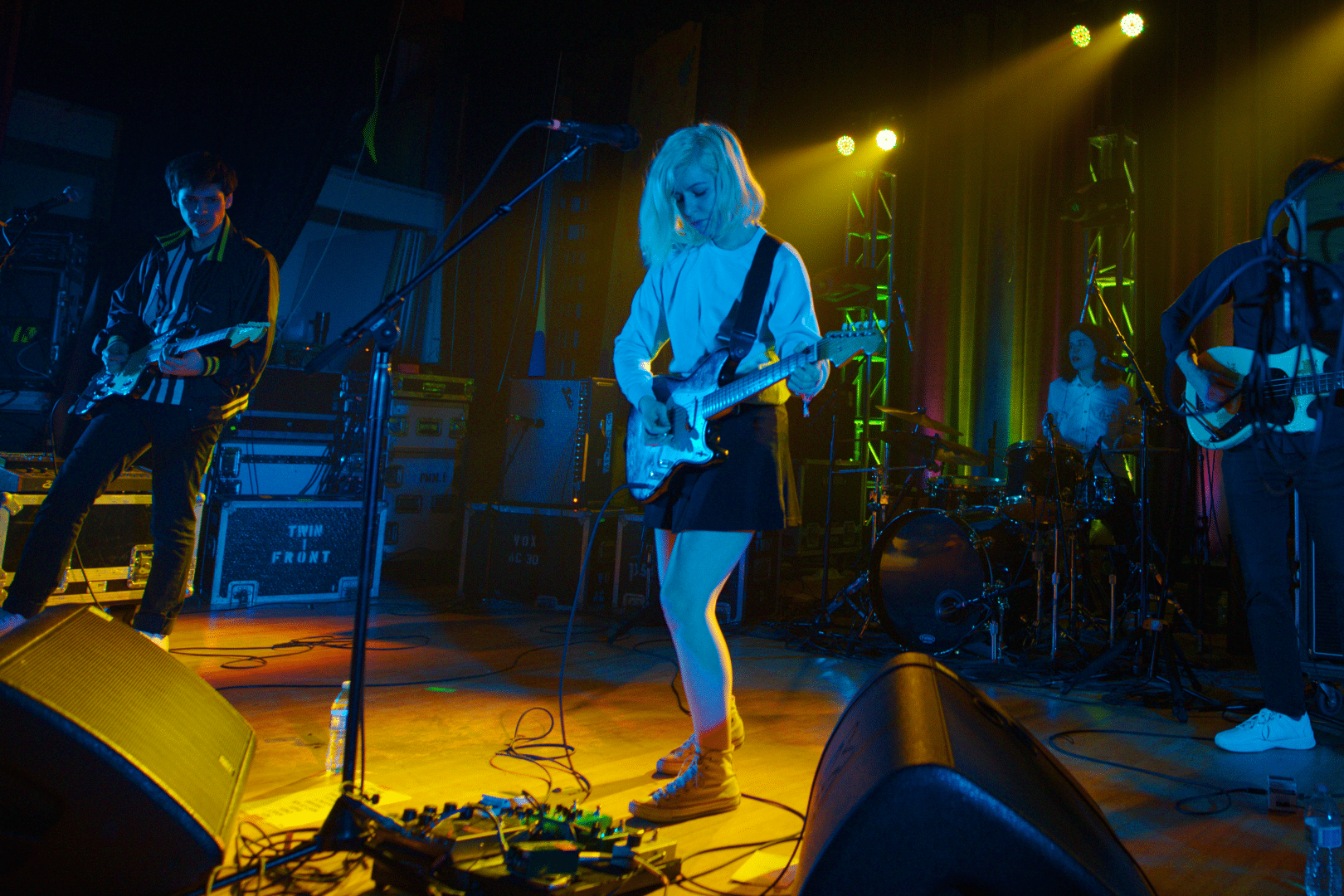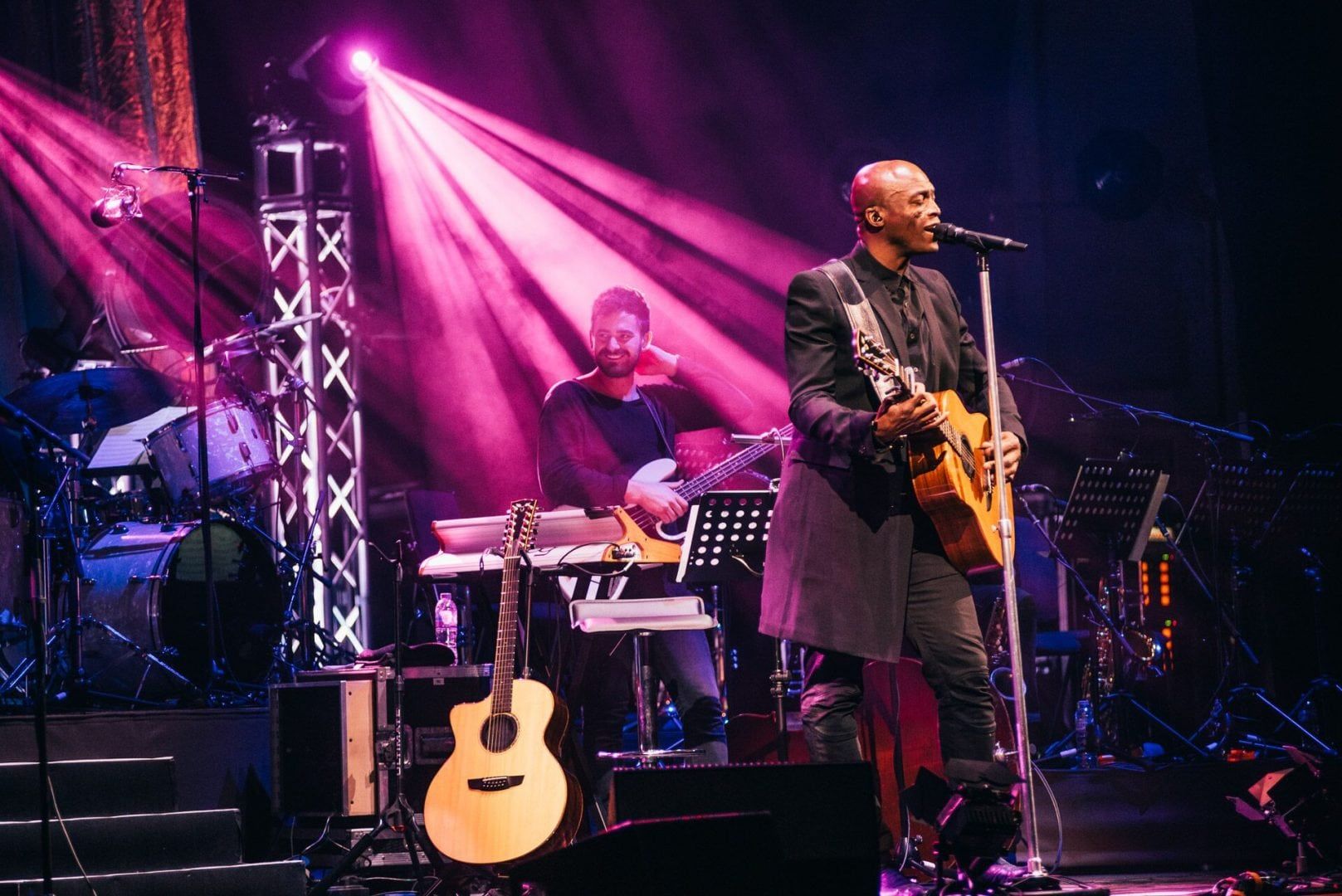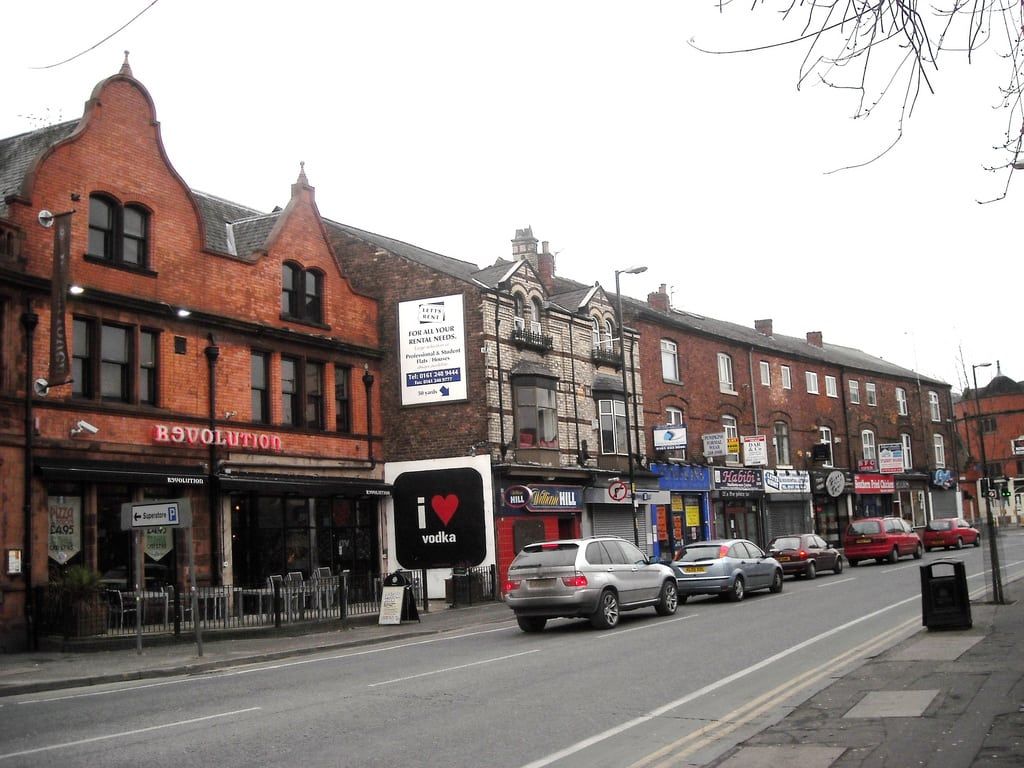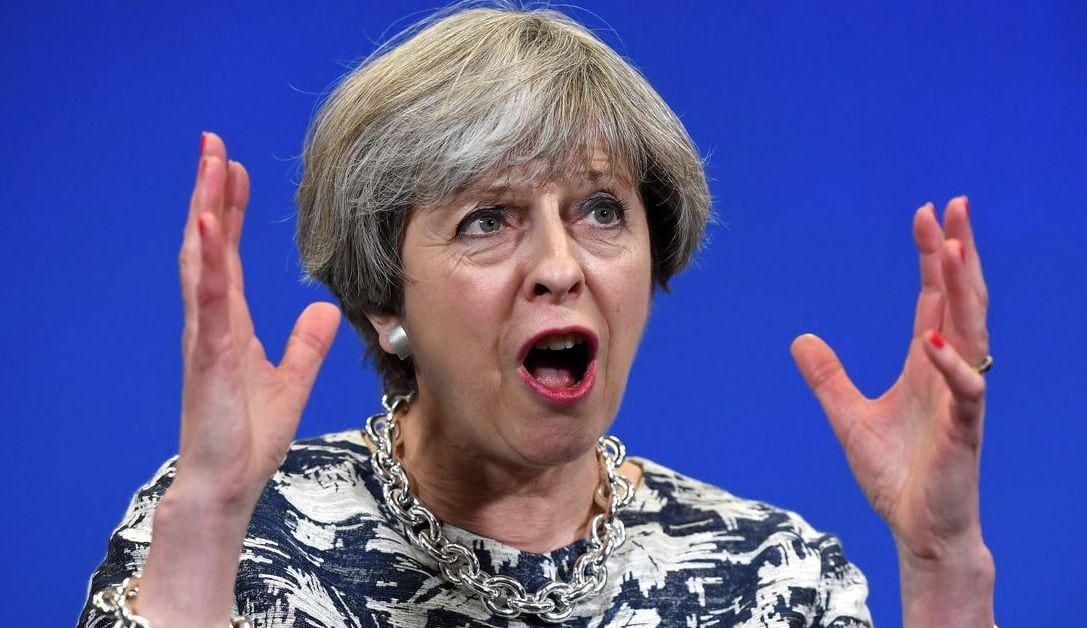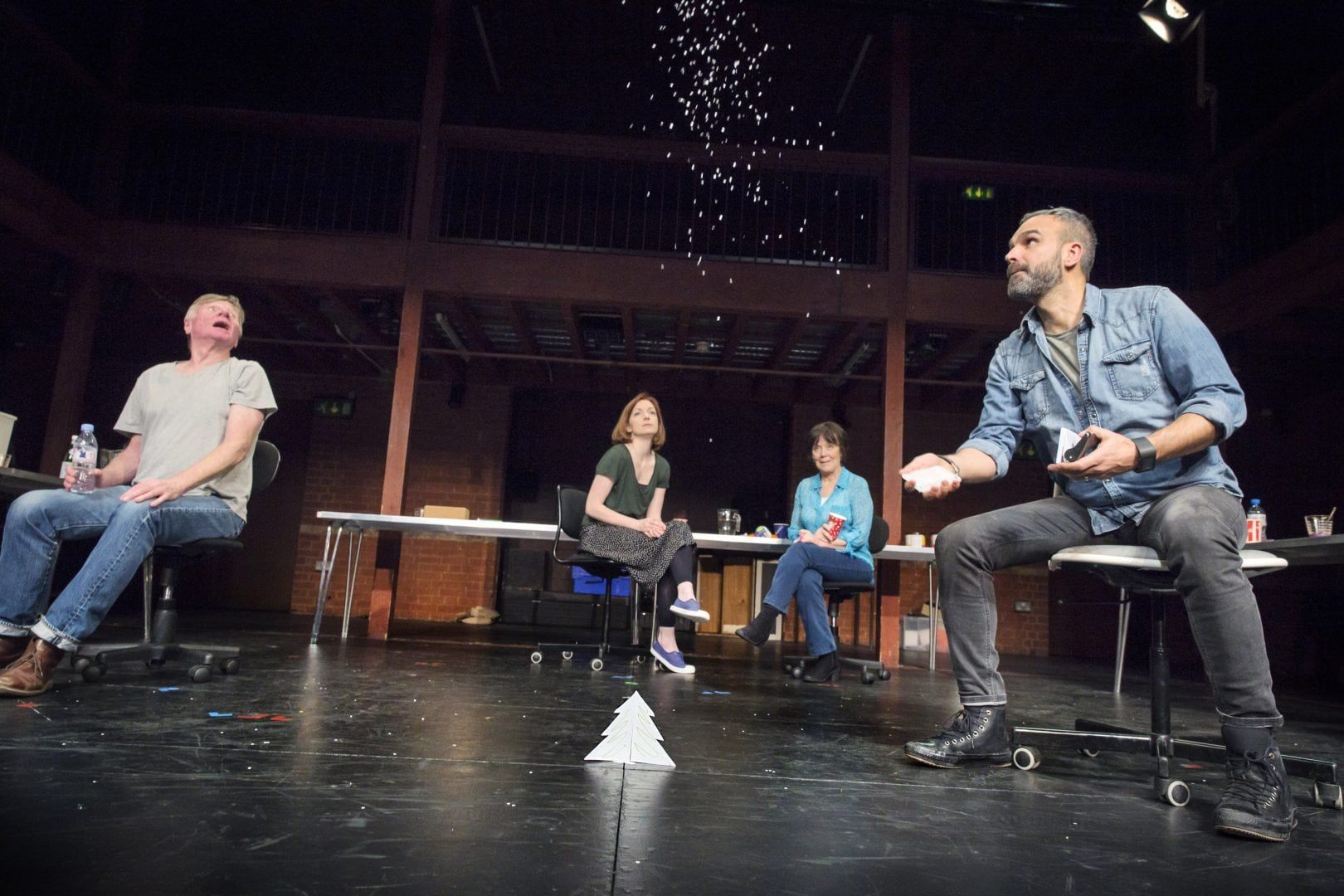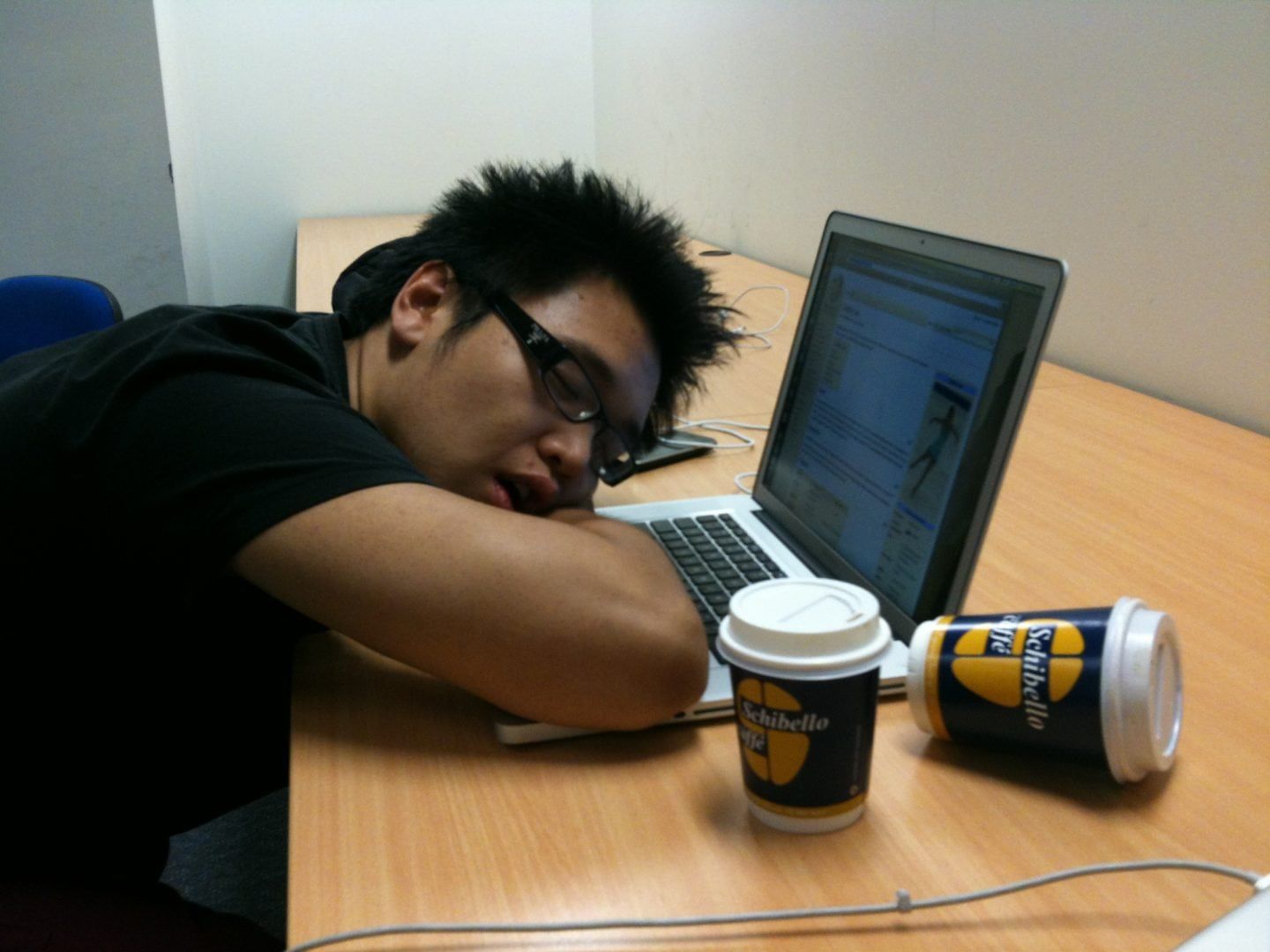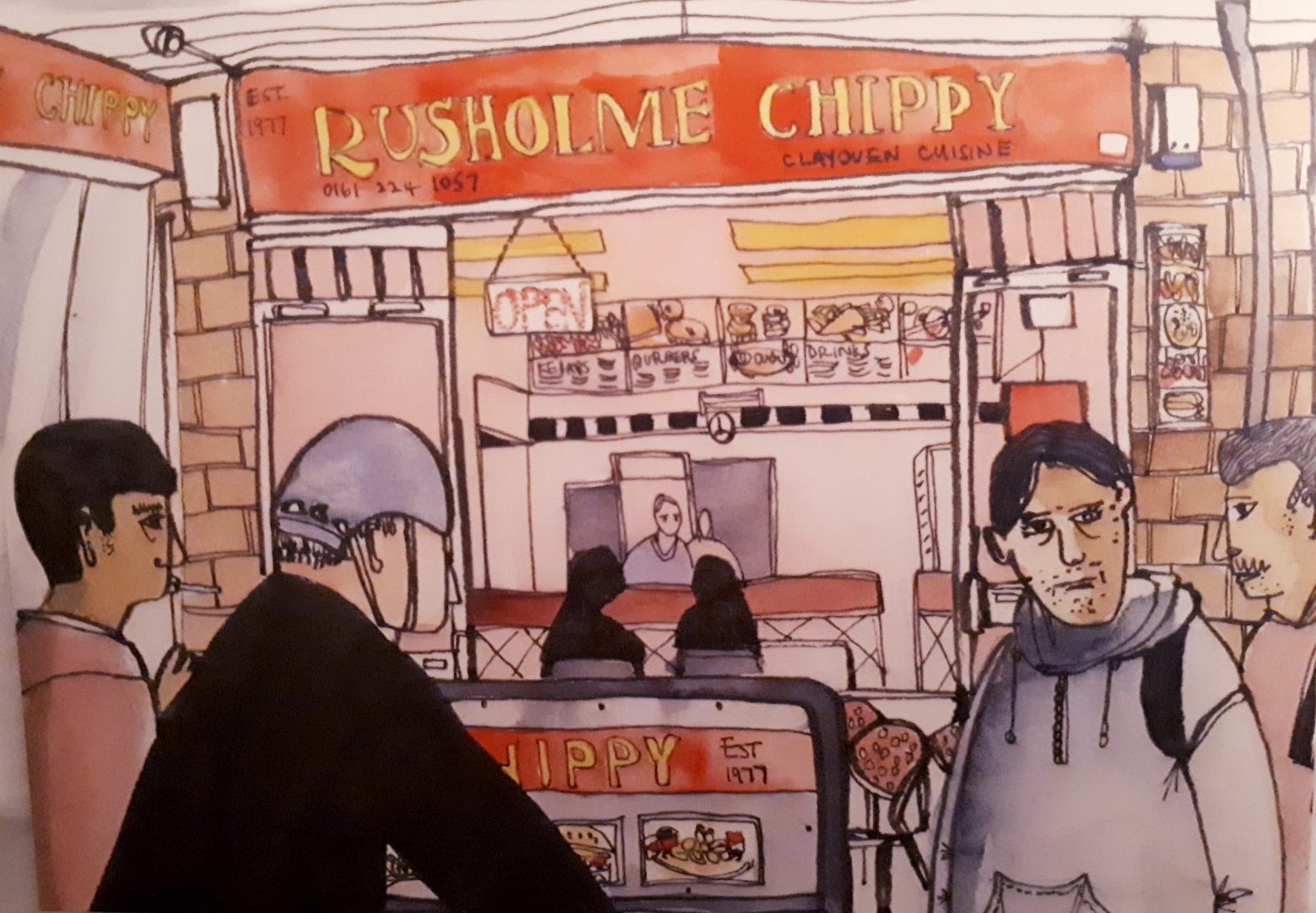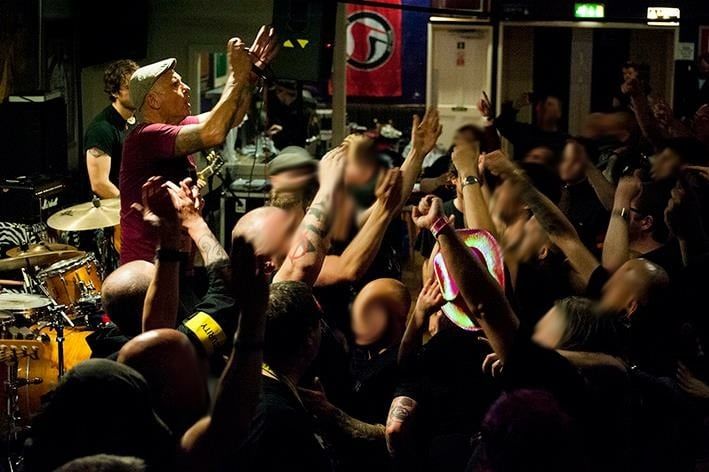Recent research carried out at The University of Manchester and The University of Edinburgh has shed new light on how we may develop kidney tissue and grow human eggs to full maturity the need to re-implant the tissue.
The research raises the possibility of personalised kidney transplants and definitive cure for infertility.
University of Manchester scientists, Professor Sue Kimber and Adrian Woolf, have generated human kidney tissue from embryonic stem cells. The research, funded by The Medical Research Council and Kidney Research UK and published in the journal Stem Cell Reports, outlines how kidney glomeruli, tiny structures in the kidney that filter the blood, were generated from stem cells.
The cells were then transplanted into mice, where they filtered the blood and produced a urine-like substance. In future, this technology could be used to produce full organs to provide kidney transplants without the waiting list.
Kidneys are made up of structures, called nephrons, which contain up to 1 million glomeruli that filter the blood to produce a filtrate. Chemicals and water are added to or removed from this fluid depending on the body’s needs, which leads to the production of urine. When the kidneys fail, they can no longer perform important functions like cleaning the blood and releasing the hormones that control blood pressure. This can cause symptoms like nausea, fatigue and weakness, and chest pain.
In this study, the scientists generated glomeruli – one of the functional components of a kidney — from human embryonic stem cells grown in laboratory culture dishes with a nutrient broth, known as a culture medium, containing molecules to promote kidney development. These were combined with a gel-like substance, which acted as natural connective tissue, and then injected as a tiny clump under the skin of mice.
After three months, an examination of the tissue revealed that nephrons — which filter waste from blood and produce urine — had formed. The new structures contained most of the constituent parts present in human nephrons.
Tiny human blood vessels, known as capillaries, also developed inside the mice, which nourished the new kidney structures. The team tested the functionality of the new structures with “dextran” — a fluorescent protein which stains the urine-like substance produced when nephrons filter the blood, called glomerular filtrate. The dextran was tracked and detected in the new structures’ tubules, which showed that filtrate was being produced and excreted as urine.
“What is particularly exciting is that the structures are made of human cells which developed an excellent capillary blood supply, becoming linked to the vasculature of the mouse.We have proved beyond any doubt these structures function as kidney cells by filtering blood and producing urine — though we can’t yet say what percentage of function exists,” said Professor Kimber.
However, the scientists noted that the mini-kidneys lacked a large artery, which would severely limit the new organ’s function. Their next aim is to work with surgeons to put in an artery that will bring more blood to the new kidney.
Another major breakthrough in UK biological science this week has seen University of Edinburgh researchers extract and grow human eggs to full maturity without the need to re-implant tissue, a feat which has previously only been accomplished with mouse eggs.
The Researchers took ovarian tissue from 10 women in their late twenties and thirties and, over four steps involving different cocktails of nutrients, encouraged the eggs to develop from their earliest form to maturity. Of the 48 eggs that reached the penultimate step of the process, nine reached full maturity.
Although various teams have achieved different stages of the process before, this new work is the first time researchers have taken the same human eggs all the way from their earliest stages to the point at which they would be released from the ovaries. Before reaching this level of maturity, eggs cannot be fertilised.
The research could prove useful for girls who have not gone through puberty. At the moment, to preserve their fertility, ovarian tissue is taken before treatment and frozen for later implantation.
“For young women, that is the only option they have to preserve their fertility,” saysProf Evelyn Telfer, co-author of the research from the University of Edinburgh.
But the approach has drawbacks. In the case of re-implanted tissue, “the big worry, and the big risk, is can you put cancer cells back,” says Stuart Lavery, a gynaecologist at Hammersmith Hospital.
Lavery believes this technique could also help women who have passed through puberty, “while these women can have mature eggs collected before treatment, that approach also has problems. With this procedure, you could potentially get thousands or hundreds of eggs.”
The new research, however, cannot be said to have succeeded in providing alternative fertility preservation treatments just yet. The researchers note that the eggs developed faster than they would in the body, while a small cell known as a polar body — ejected in the final stages of the egg’s development when the number of chromosomes is halved — was unusually large, which might suggest abnormal development.
“This latest breakthrough is valuable, but significant further research is now needed to confirm that these eggs are healthy and functioning as they should do,” says Professor Helen Picton, an expert in reproduction and early development from the University of Leeds.
